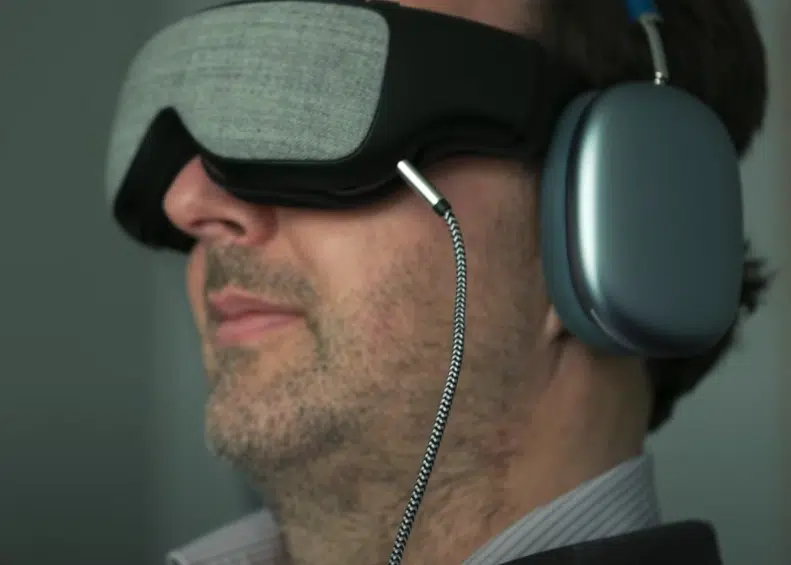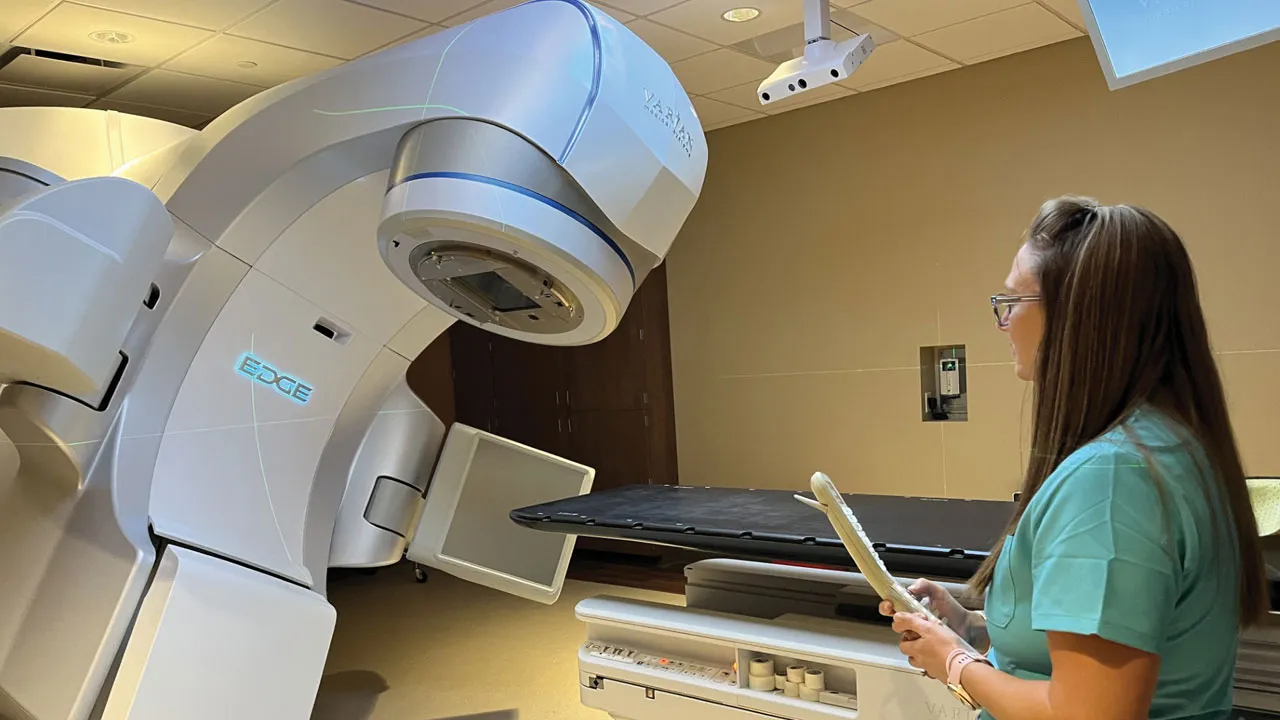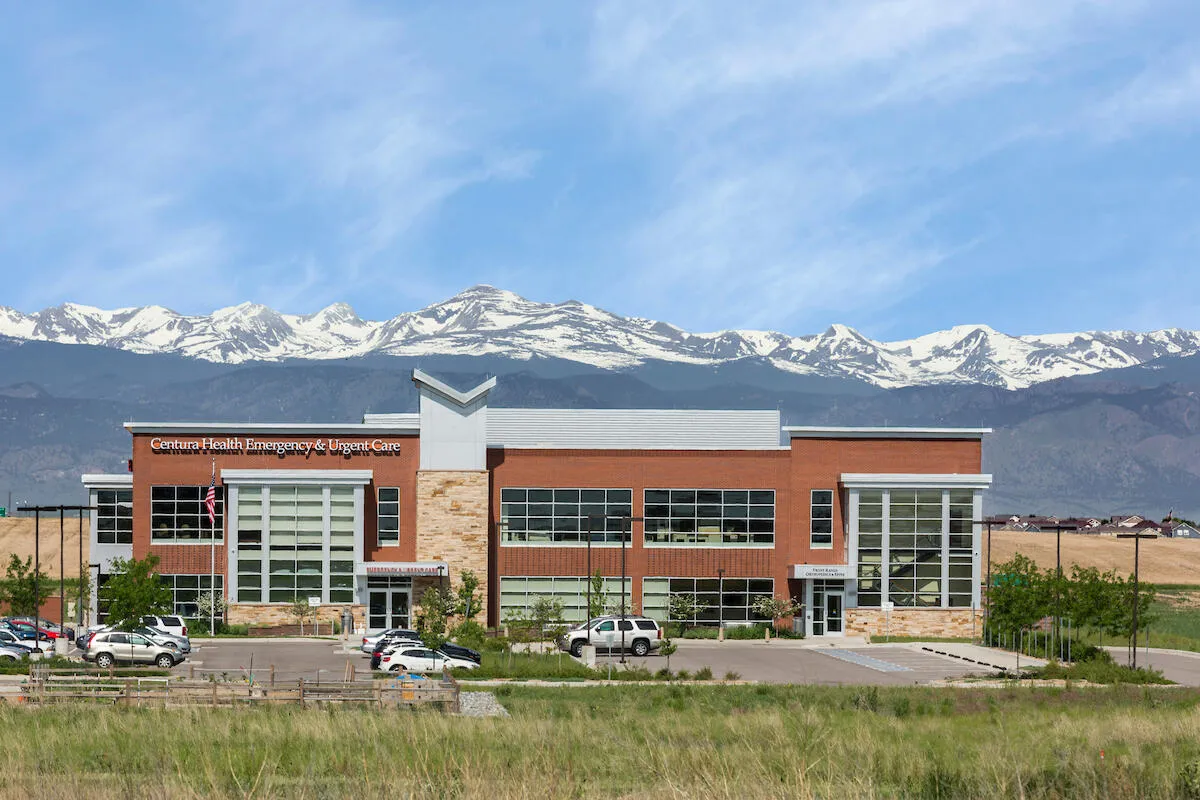Spur-of-the-moment decision results in Louisville startup

LOUISVILLE — He had a choice while driving over a bridge in Yemen where he was studying Arabic.
Either hit a truck head-on or go off the bridge.
He chose the latter, suffered a spinal injury, permanently lost use of his legs and entered a period of severe nerve-damage pain that changed everything.
That was 1992. Richard Hanbury, a native of the United Kingdom who since 2016 has called Louisville home, beat the odds. He was given a five-year life expectancy. He set about trying to figure out how to get relief from his pain and developed a technology that gave him…
THIS ARTICLE IS FOR SUBSCRIBERS ONLY
Continue reading for less than $3 per week!
Get a month of award-winning local business news, trends and insights
Access award-winning content today!





